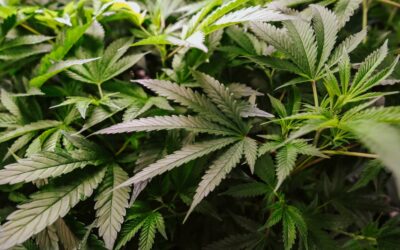Examine the concept of marijuana DUIs and the hurdles faced by law enforcement in Las Vegas, and assess the consequences of these DUIs for the community. Jade Dispensary underscores the necessity for comprehending these issues for the development of efficient preventative measures.
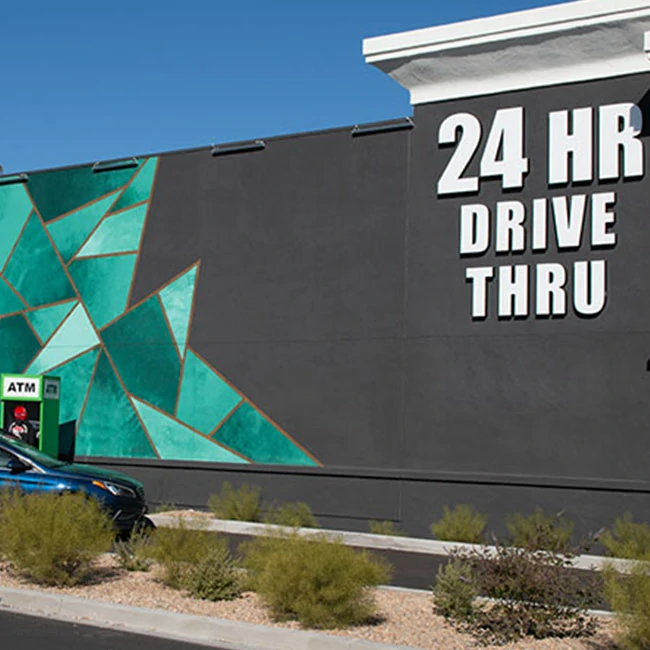
Marijuana DUIs in Las Vegas
Driving under the influence (DUI) of marijuana is a growing concern nationwide, with Las Vegas being no exception. A 2018 study from the Centers for Disease Control and Prevention on Driving Under the Influence of Marijuana and Illicit Drugs found that around 12 million (4.7%) of United States residents aged 16 years and older reported driving under the influence of marijuana.
Table 1: Driving Under the Influence of Marijuana and Illicit Drugs
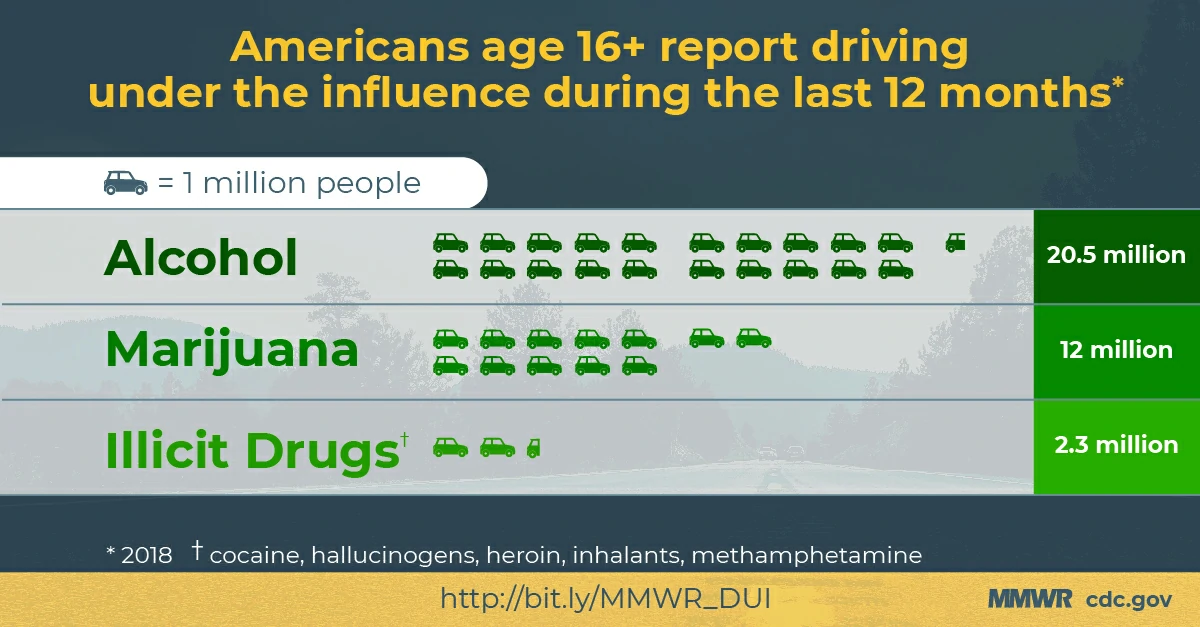 Source: CDC.gov
Source: CDC.gov
Defining marijuana DUIs involves the unlawful operation of a vehicle while impaired by the psychoactive effects of marijuana. This is measured by the concentration of tetrahydrocannabinol (THC) in the bloodstream, with legal limits varying by state.
Assessing challenges for law enforcement is vital for establishing effective measures to combat marijuana DUIs. Unlike alcohol, marijuana impairment is difficult to gauge through standardized testing, making it harder for officers to enforce DUI laws. The evolving legal landscape surrounding marijuana use further complicates law enforcement agencies.
In Las Vegas, marijuana DUIs significantly impact community safety and well-being. The city’s vibrant nightlife and the influx of tourists often contribute to an increased prevalence of impaired driving. This not only endangers lives but also strains the resources of law enforcement agencies.
By understanding the unique challenges associated with marijuana DUIs in Las Vegas, stakeholders can work together to develop targeted strategies for reducing incidents and safeguarding the community.
It’s vital to stay informed to further unpack how marijuana consumption can affect public safety, especially with the rise in the popularity of edibles. We invite you to read our in-depth article titled “Exploring the Impact of Marijuana Edibles on Public Safety in Las Vegas.” This article sheds light on the specifics of how marijuana edibles, in particular, pose unique challenges and what can be done to ensure safety while enjoying what the cannabis industry has to offer in Sin City. Equip yourself with knowledge and join the conversation on how we can collectively contribute to a safer environment.

Prevalence of Marijuana DUIs in Las Vegas
Las Vegas, often synonymous with its bustling nightlife and entertainment scene, has witnessed a worrying surge in DUI incidents related to marijuana consumption. A news report from Las Vegas Review-Journal stated that there were 38 reported marijuana-related fatal crashes reported on the state’s highways in 2021, nearly twice the amount documented in 2016, the year preceding the legalization of recreational cannabis.
Comparing marijuana DUIs with alcohol-related ones demonstrates the distinct challenges posed by this upswing. While statistics indicate that when law enforcement conducts a standard field sobriety test during a traffic stop, it detects around 88 percent of drivers impaired by alcohol. However, drivers intoxicated by marijuana frequently pass the same test. A mere 30 percent of individuals affected by THC, which is the active component in marijuana, don’t pass the field sobriety test. The success in identifying a driver under the influence of marijuana on the road seems to rely significantly on the amount and regularity of cannabis consumption.
While alcohol-impaired driving has historically been more prevalent, the rise in marijuana DUIs signals a shifting landscape. It is noteworthy that alcohol DUIs continue to be more frequent; however, the burgeoning rate of marijuana DUIs cannot be disregarded, as it introduces new hurdles for law enforcement.
The growing prevalence of marijuana DUIs necessitates dedicated efforts to comprehend and tackle the unique challenges they present. Law enforcement agencies, policymakers, and the community at large must collaborate to develop effective strategies aimed at mitigating the impacts of impaired driving due to marijuana consumption. Through awareness, education, and enforcement, Las Vegas can work toward safer roads and a more responsible culture surrounding marijuana use.
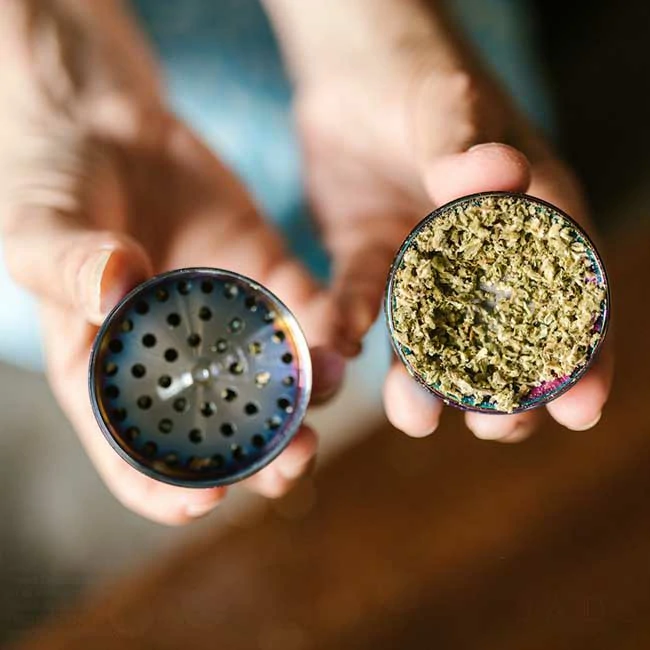
Detection and Testing Methods for Marijuana DUIs
As the legalization of marijuana spreads across various states, ensuring road safety by accurately detecting and testing for marijuana-impaired driving has become a pressing concern. Law enforcement agencies employ a range of methods to discern marijuana impairment among drivers.
Observation and field sobriety tests:
At present, law enforcement officers mainly rely on observational skills and field sobriety tests to detect signs of marijuana impairment. This includes looking for red eyes, delayed reaction times, and the smell of marijuana. Additionally, Drug Recognition Experts (DREs) are sometimes called upon to conduct more detailed evaluations of suspected impaired drivers. In some cases, blood tests are used post-arrest to measure the amount of THC in the driver’s system.
Challenges faced by law enforcement:
Unlike alcohol, there is no standardized breathalyzer test for marijuana, making it more difficult for law enforcement to determine impairment levels. Moreover, THC can remain in the bloodstream for extended periods after consumption, so even blood tests may not accurately represent the level of impairment at the time of driving. This lack of a reliable and instantaneous testing method presents significant challenges for officers in assessing and proving marijuana impairment.
Advancements in roadside testing technologies:
Recognizing these challenges, researchers and companies are actively working on developing new technologies to improve roadside testing for marijuana impairment. Some emerging technologies include saliva testing devices that can detect recent marijuana use and breathalyzers specifically designed for marijuana. These advancements aim to provide law enforcement with more accurate and efficient tools to assess impairment levels on the spot.
The effective detection and testing of marijuana DUIs are crucial for road safety. While current methods have limitations, the development of new technologies promises to bolster the capabilities of law enforcement in combating marijuana-impaired driving.
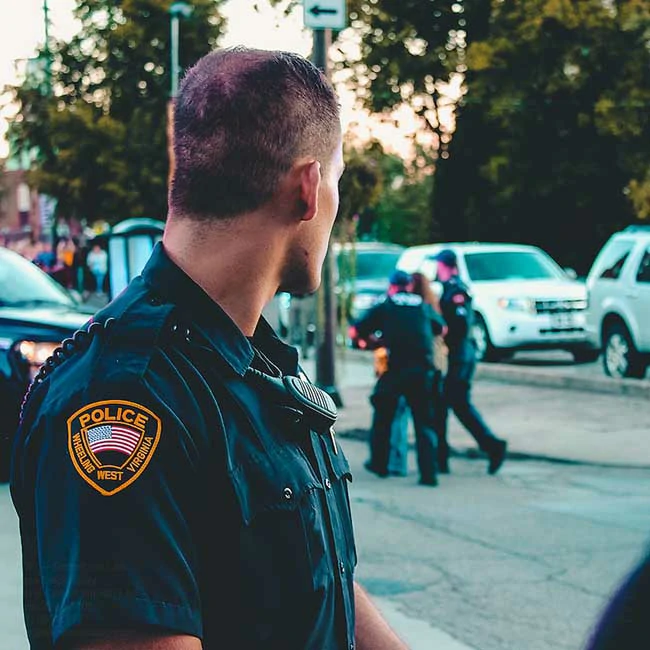
Training and Education for Law Enforcement
In light of the growing prevalence of marijuana use, it is imperative that law enforcement officers are equipped with the knowledge and skills needed to effectively detect and assess marijuana impairment. Specialized training and education play a pivotal role in ensuring that officers are prepared to handle the intricacies of marijuana DUI cases.
- Importance of specialized training: Law enforcement officers are often the first line of defense in detecting impaired drivers. Training in recognizing the signs of marijuana impairment, understanding the laws and legal standards, and accurately administering field sobriety tests is critical. Well-trained officers can more effectively identify impaired drivers, ensuring safer roads and communities.
- Challenges in differentiating between active THC impairment and residual THC: THC, the psychoactive compound in marijuana, can remain in a person’s system for days or weeks after use. This creates a challenge in determining if the presence of THC is indicative of current impairment or residue from past consumption. Training officers to discern between the two is crucial, as this distinction can be pivotal in legal proceedings and ensuring just outcomes.
- Collaborations with drug recognition experts: In order to bolster their detection and assessment capabilities, law enforcement agencies are increasingly collaborating with Drug Recognition Experts (DREs). DREs have specialized training that allows them to identify the signs of drug impairment more accurately. Through collaboration and shared knowledge, officers can benefit from the expertise of DREs, which can be instrumental in building stronger cases against impaired drivers.
The role of training and education for law enforcement in the context of marijuana DUIs cannot be understated. Through continuous training, collaborations with experts, and a commitment to best practices, law enforcement can better serve and protect their communities.
Aside from law enforcement agencies, dispensaries can also lend a hand in mitigating the impact of cannabis in Las Vegas through their education programs. To know more, read our post on The Role of Drug Education Programs in Promoting Responsible Marijuana Consumption in Las Vegas.

Legal and Legislative Considerations
As marijuana consumption increases, understanding the legal landscape around marijuana DUIs in Las Vegas is critical for both law enforcement and the public. The current laws, challenges in setting legal limits, and potential policy changes play a significant role in addressing marijuana-impaired driving.
Overview of current laws and regulations:
In Las Vegas, as in the rest of Nevada, drivers are prohibited from operating a vehicle with a certain concentration of THC in their blood. Additionally, law enforcement officers are authorized to conduct field sobriety tests and, in some cases, blood tests.
Challenges in setting legal limits for marijuana impairment:
Unlike alcohol, there is no consensus on a specific THC limit determining impairment. This is partly because THC affects individuals differently and can remain in the bloodstream long after its psychoactive effects have subsided. The lack of a universally accepted limit leads to legal and legislative complexities.
Potential policy changes and initiatives:
To address these challenges, there is a growing call for research-based policies that can accurately reflect marijuana impairment. Initiatives such as more extensive training for officers, utilizing Drug Recognition Experts, and exploring alternative testing methods are being considered. Moreover, engaging in dialogue with medical professionals, legislators, and community members can pave the way for more informed and effective policies.
Adapting legal and legislative frameworks to the realities of marijuana consumption is essential for ensuring road safety and just legal processes. Through research, education, and collaboration, policy changes can be made to address the challenges posed by marijuana DUIs more effectively.
Taking responsibility and staying informed about the legal aspects of marijuana consumption is crucial. To support this, Jade Dispensary has an amazing solution to reduce the risks associated with impaired driving. We highly recommend you read our article titled Cannabis Shuttles Will Pick You Up at Las Vegas Strip Casinos To The Nearest Dispensary to learn how Jade Dispensary has made it seamless for you to enjoy cannabis safely in Las Vegas. Our shuttle service is not just convenient but also a step towards making responsible choices.

Conclusion: Addressing the Challenges of Marijuana DUIs in Las Vegas
In tackling marijuana DUIs, law enforcement in Las Vegas faces a multifaceted set of challenges. These range from detecting marijuana impairment through field sobriety tests to navigating a complex legal landscape that lacks a clear consensus on impairment levels due to THC. Aside from that, differentiating between active impairment and residual THC in the system adds layers of complexity for officers on the ground. The limitations of current detection methods and the intricate nature of marijuana impairment call for a more robust and informed approach.
It’s evident that ongoing research, advancements in technology, and collaboration are vital in overcoming these hurdles. As research provides better insights into marijuana impairment, technological innovations can offer law enforcement more reliable and efficient tools for roadside testing. Collaboration with Drug Recognition Experts, medical professionals, and the community is key to developing a comprehensive strategy.
In essence, through embracing research, harnessing technology, and fostering collaboration, Las Vegas can address the challenges of marijuana DUIs more effectively. This not only empowers law enforcement but also contributes significantly to safeguarding public safety and well-being.






